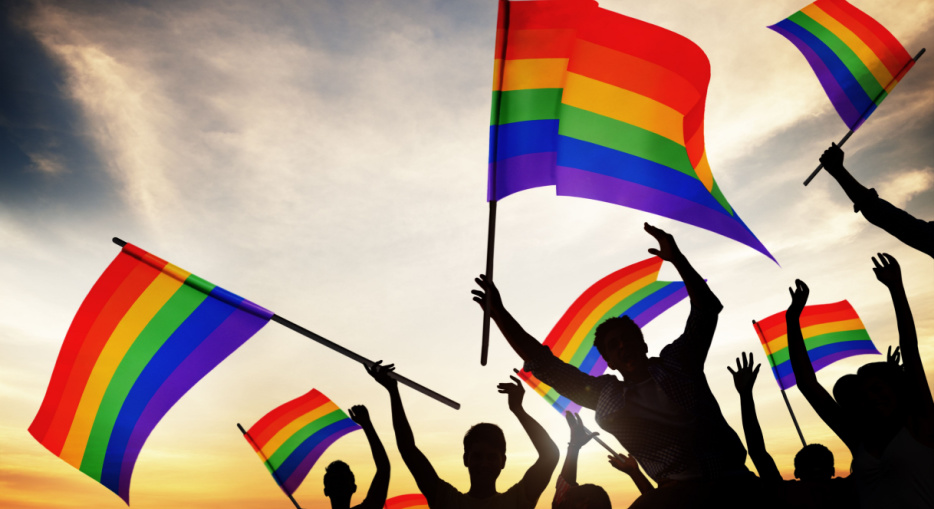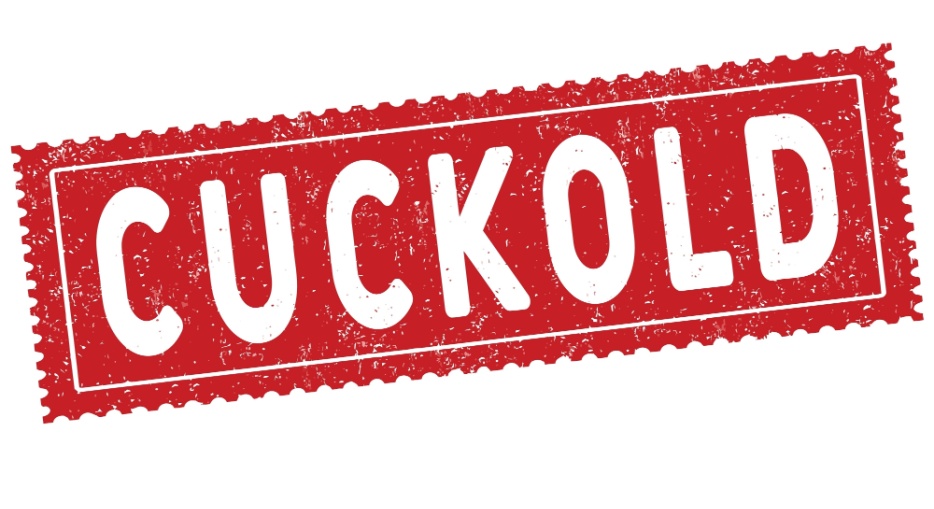
International Day of the World's Indigenous Peoples - August 9th
- Introduction
On August 9th, the world comes together to celebrate the International Day of the World's Indigenous Peoples. This day is dedicated to acknowledging the rich cultures, traditions, and contributions of Indigenous peoples around the globe. It also serves as a reminder of the challenges they face and the importance of preserving their unique identities and rights.
- The Significance of International Day of the World's Indigenous Peoples
The United Nations General Assembly proclaimed August 9th as the International Day of the World's Indigenous Peoples in 1994. This date commemorates the first meeting of the UN Working Group on Indigenous Populations in 1982. The day is an opportunity to highlight the diversity and resilience of Indigenous communities and to raise awareness about the issues they confront, including marginalisation, cultural erosion, and environmental challenges.
Indigenous peoples are the custodians of rich cultural heritage and traditional knowledge. They have a profound understanding of sustainable living and environmental stewardship. Despite this, many Indigenous communities face significant socio-economic disadvantages and are often excluded from mainstream development processes. The International Day of the World's Indigenous Peoples seeks to promote and protect the rights of these communities and to ensure their voices are heard.
- Celebrating Indigenous Cultures and Traditions
Indigenous peoples worldwide have unique languages, customs, and ways of life. From the First Nations of Canada and the Native American tribes of the United States to the Aboriginal and Torres Strait Islander peoples of Australia, each group has its distinct cultural identity. On August 9th, celebrations often include traditional dances, music, art exhibitions, and storytelling sessions. These events are a way to honour the rich cultural heritage of Indigenous peoples and to share their stories with the broader public.
In Australia, for example, the Indigenous community celebrates its culture through dance, music, and art. The Aboriginal and Torres Strait Islander peoples have a deep connection to the land, which is reflected in their art and ceremonies. Their traditional stories, passed down through generations, offer insights into the natural world and the human experience. By sharing these traditions, Indigenous peoples not only preserve their cultural heritage but also educate others about their history and values.
- Challenges Facing Indigenous Peoples
Despite their rich cultural heritage, Indigenous peoples often face significant challenges. These include social and economic marginalisation, loss of land and resources, discrimination, and limited access to education and healthcare. Many Indigenous communities struggle with poverty, unemployment, and inadequate housing. They are also disproportionately affected by climate change and environmental degradation, as their traditional lands and resources are often threatened by industrial activities and natural disasters.
One of the most pressing issues facing Indigenous peoples is the erosion of their languages and cultures. With globalisation and modernisation, many Indigenous languages are at risk of disappearing. According to the UN, around 40% of the 7,000 languages spoken worldwide are in danger of extinction, and a majority of these are Indigenous languages. Language is a crucial part of cultural identity, and the loss of a language can lead to the loss of cultural heritage and traditional knowledge.
- The Role of Education and Advocacy
Education and advocacy play a vital role in addressing the challenges faced by Indigenous peoples. Promoting education and awareness about Indigenous cultures and issues is essential for fostering respect and understanding. This can be done through school curricula, public campaigns, and media representation. It is also important to support Indigenous peoples in reclaiming and revitalising their languages and cultural practices.
Advocacy efforts are crucial for protecting the rights of Indigenous peoples. This includes advocating for land rights, access to resources, and the right to self-determination. Indigenous peoples have the right to participate in decision-making processes that affect their lives and communities. This includes having a say in policies related to land use, resource management, and development projects. Supporting Indigenous leadership and ensuring their voices are heard in national and international forums is essential for advancing their rights and interests.
- The Importance of Allyship
Allyship is an important aspect of supporting Indigenous peoples. Being an ally means standing in solidarity with Indigenous communities, listening to their concerns, and amplifying their voices. It involves challenging stereotypes and prejudices, advocating for Indigenous rights, and supporting initiatives that promote their well-being. Allyship also means being respectful and mindful of Indigenous cultures and traditions and acknowledging the historical and ongoing injustices faced by Indigenous peoples.
One way to be an ally is to educate oneself about Indigenous issues and histories. This includes learning about the impact of colonisation, the history of Indigenous resistance and resilience, and the ongoing struggles for justice and equality. It is also important to support Indigenous-led organisations and initiatives and to participate in events and activities that celebrate Indigenous cultures and promote awareness.
- How You Can Celebrate and Support
There are many ways to celebrate the International Day of the World's Indigenous Peoples and support Indigenous communities:
Attend Events: Participate in local events and activities celebrating Indigenous cultures. This can include cultural performances, art exhibitions, and storytelling sessions.
Educate Yourself: Learn about the history, cultures, and issues faced by Indigenous peoples. Read books, watch documentaries, and attend lectures and workshops.
Support Indigenous Businesses: Buy products from Indigenous-owned businesses and support artists, craftsmen, and entrepreneurs.
Advocate for Indigenous Rights: Support organisations and initiatives advocating for Indigenous rights and participate in campaigns and movements that promote justice and equality.
Be Respectful and Mindful: Respect Indigenous cultures and traditions and be mindful of your actions and language. Acknowledge the history and contributions of Indigenous peoples and challenge stereotypes and prejudices.
- Conclusion
The International Day of the World's Indigenous Peoples is a day to celebrate the diversity and resilience of Indigenous communities. It is an opportunity to honour their rich cultural heritage, acknowledge their contributions, and raise awareness about the challenges they face. By celebrating this day and supporting Indigenous peoples, we can contribute to a more inclusive and just world where the rights and identities of all peoples are respected and valued.
More posts from our blog
-
Jan 20, 2024CONTINUE READING
Midsumma Carnival 2024: A Colourful Celebration of Diversity in Australia
Australia is gearing up for an explosion of color, music, and pride as the Midsumma Carnival 2024 approaches. This iconic event, celebrating LGBTQIA+ pride and culture, promises to be a dazzling di...
-
Jan 03, 2024CONTINUE READING
Debunking Common Myths About Sex: Separating Fact from Fiction
Sexuality is a complex and nuanced aspect of human life, often shrouded in myths and misconceptions. From cultural taboos to outdated beliefs, navigating the truth about sex can be challenging. In...
-
Sep 16, 2024CONTINUE READING
Understanding the Cuckold Fantasy: An Erotic Journey into Trust, Voyeurism, and Sexual Freedom
Cuckold fantasies have existed for centuries, but in recent years, they've gained more visibility in discussions around adult lifestyles, fetishes, and sexual empowerment. This growing acceptance h...





